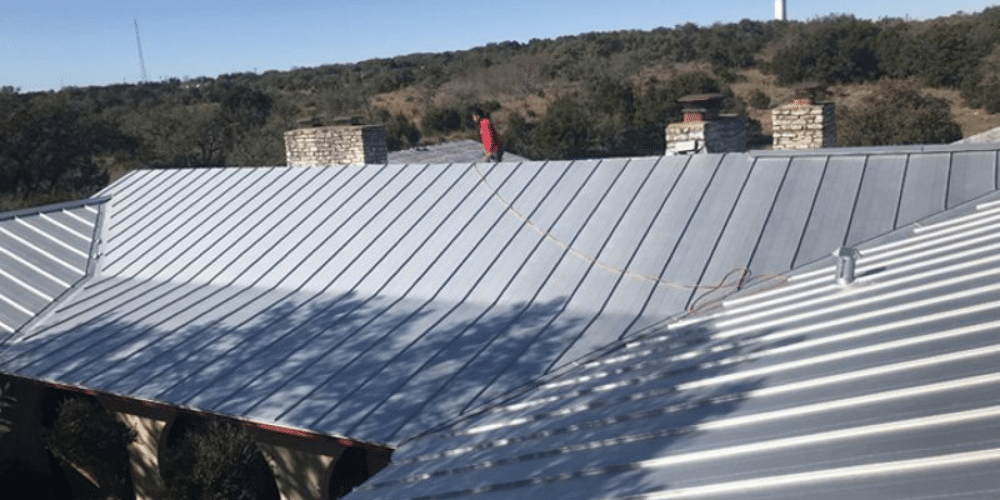The marketplace has preferred metal because it is more durable, energy-efficient, and has a longer life. Metal is also a better option for roofing materials because it shields buildings from extreme weather and produces a stunning cosmetic look. This guide includes a complete understanding of everything concerning metal roofing systems.
What is Metal Roofing?
A metal roof employs metal tile or panel sections to build a system that does not degrade in the environment and lasts for extended periods. Steel, aluminum, copper, tin, and zinc are the main materials that constitute metal roofing and have differing advantages based on the material. Metal roofs are appropriate for long-term residents because they protect homes for decades and need little maintenance.
Types of Metal Roofing
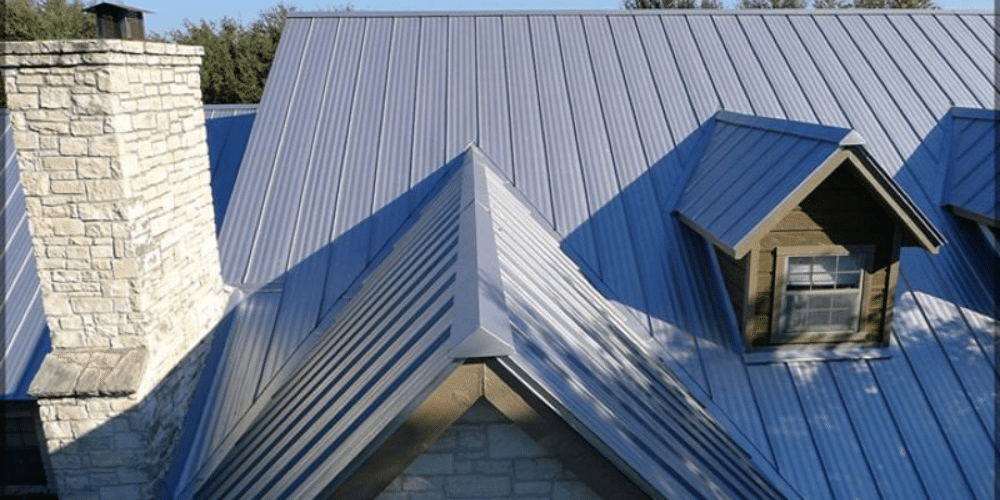
The categories of metal roofing stem from material selection, panel choices, and gauge number measurement. The three categories of metal roofing material drive the durability level, cost, and final roof appearance.
Types of Metal Roofing Based on Material
Different metal roofing options offer their own strengths when it comes to durability, appearance, and cost. Here’s a breakdown of some of the most commonly used materials and what makes each one unique:
- Steel Roofing
Steel is one of the most widely used metal roofing materials thanks to its strength and affordability. Galvanized steel (coated with zinc) and Galvalume steel (coated with aluminum and zinc) both offer solid resistance to rust and corrosion. It’s a great choice for both homes and commercial properties looking for reliable performance at a reasonable price. - Aluminum Roofing
Aluminum is lightweight and naturally resistant to corrosion, making it an excellent option for coastal or high-humidity areas. It doesn’t rust like steel and is energy-efficient, reflecting sunlight to help keep homes cooler. It’s also a sustainable choice for those looking to reduce their environmental footprint. - Copper Roofing
Copper stands out for its natural beauty and longevity. Over time, it develops a distinct patina that gives it a timeless, elegant look. While it’s one of the more expensive options, copper offers unmatched durability and low maintenance, making it a worthwhile investment for certain homes or architectural styles. - Tin Roofing
Though once a common material, traditional tin roofing has mostly been phased out in favor of steel and aluminum. However, it’s still occasionally used in historic renovations or where a vintage aesthetic is desired. - Zinc Roofing
Zinc is an eco-friendly metal that naturally forms a protective layer as it weathers, which helps it resist corrosion and heal minor scratches over time. While the upfront cost is high, zinc roofing is incredibly durable—lasting 100 years or more—and requires minimal maintenance over its lifespan.
Types of Metal Roofing Panels
The type of metal panel you choose impacts everything from the roof’s strength and durability to how it’s installed and how it looks on your property. Here’s a quick breakdown of the most common panel styles:
- Standing Seam Metal Roof
Standing seam roofs are one of the most durable and weather-tight options available today. These panels feature raised seams that interlock to seal out water, making them ideal for San Antonio’s mix of heat, storms, and high winds. They also offer a sleek, modern appearance that looks great on residential and commercial buildings alike. - Corrugated Metal Roof
Corrugated panels have a signature wavy pattern and are commonly used in agricultural and industrial settings. They’re cost-effective and easy to work with, but they typically require more frequent maintenance than standing seam systems due to their exposed fasteners. - Ribbed Metal Roofing
Ribbed metal panels feature more pronounced ridges than corrugated ones, giving them a bold, clean look. They’re durable, easy to install, and versatile enough for both homes and businesses. Ribbed panels often strike a good balance between strength and aesthetics.
Types of Metal Roofing Based on Size & Thickness (Gauge of the Metal)
When it comes to metal roofing, gauge refers to the thickness of the metal—and it plays a big role in determining how durable and weather-resistant your roof will be. The lower the gauge number, the thicker and stronger the metal.
- 22-Gauge
This is the thickest and most heavy-duty option, typically used for industrial or commercial buildings where maximum strength and durability are required. - 24-Gauge
A popular choice for both commercial and residential roofing, 24-gauge metal offers excellent strength without being overly expensive. It’s tough enough to handle harsh weather, making it a go-to for long-lasting performance. - 26-Gauge
Often used in residential projects, 26-gauge metal provides solid durability at a more budget-friendly price point. It’s ideal for homeowners who want a balance between strength and affordability. - 29-Gauge
This is the thinnest standard gauge and the most affordable option. It’s best suited for areas with mild climates or non-structural buildings like sheds or carports, where heavy weather resistance isn’t as critical.
Benefits of Metal Roofing
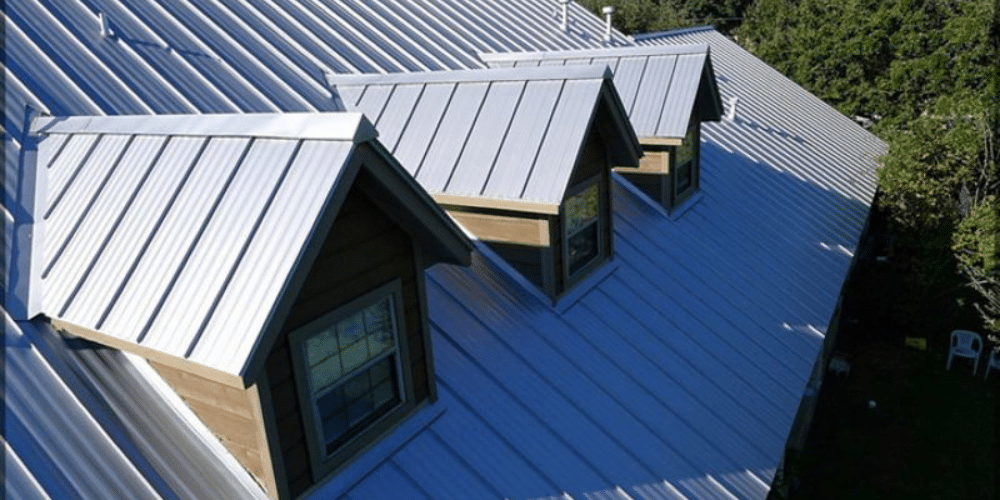
Metal roofing has become a top choice for both residential and commercial properties—and for good reason. Here’s how it stacks up against more traditional roofing options like asphalt shingles:
- Long-Lasting Durability
When installed properly, metal roofs can last anywhere from 40 to 70 years—far outlasting asphalt shingles, which typically need replacing after 15 to 30 years. - Energy Efficiency
Metal roofs reflect solar heat, which can cut cooling costs by up to 25%. Some even come with special energy-efficient coatings applied during manufacturing, making them even more effective in hot climates like San Antonio. - Superior Weather Resistance
Metal roofs can take a beating from severe weather. They stand strong against heavy rain, hail, high winds, and snow, making them one of the most resilient roofing options available. - Fire Resistance
Unlike asphalt or wood, metal roofing is non-combustible and offers excellent fire protection—an important safety benefit for any structure. - Environmentally Friendly
Most metal roofs are made from recycled materials and are fully recyclable at the end of their lifespan, making them a smart choice for eco-conscious homeowners. - Low Maintenance
Metal roofs require very little upkeep. With routine inspections and occasional cleaning, they’ll stay in great shape for decades without the need for frequent repairs.
Also Read: Top 5 Myths About Metal Roof
Considerations for Metal Roofing
Thinking about upgrading to a metal roof? It’s a smart investment—but like any roofing system, it comes with a few things to consider before making the leap. Here are the main factors to evaluate:
- Upfront Cost vs. Long-Term Value
Metal roofing typically costs more up front than traditional materials like asphalt shingles. However, it easily makes up for the higher initial price through its extended lifespan, energy efficiency, and minimal maintenance needs. - Noise Control
Rain and hail can be noisy on a metal roof—especially without proper insulation. To reduce sound, quality underlayment and insulation materials should be installed during the process. This simple addition can make a big difference in comfort. - Expansion & Contraction
Metal naturally expands and contracts with temperature changes. If not properly accounted for, this movement can cause fasteners to loosen or panels to warp. Pre-installed floating clips and other engineered fasteners allow the roof to shift without damage. - Proper Installation Is Essential
Metal roof installation isn’t a DIY job. It requires specialized knowledge and precision. Poor installation can lead to leaks, reduced lifespan, and costly repairs down the road. That’s why hiring experienced professionals—like the team at Stephens Roofing—is key to getting the most from your investment.
Also Read: Choosing The Right Roofing Company: 10 Things To Look For
Conclusion
Metal roofing stands out as one of the smartest choices for long-term value. It’s built to last, helps cut down on energy costs, and adds a clean, attractive finish to any property. With a variety of materials, panel styles, and gauge options available, there’s a metal roof to match every budget and architectural style.
At Stephens Roofing & Remodeling, we specialize in top-tier metal roof installation and reliable maintenance services. Whether you’re upgrading your current roof or starting fresh, our team is here to guide you every step of the way. Reach out today for a free quote and expert advice tailored to your roofing needs.

